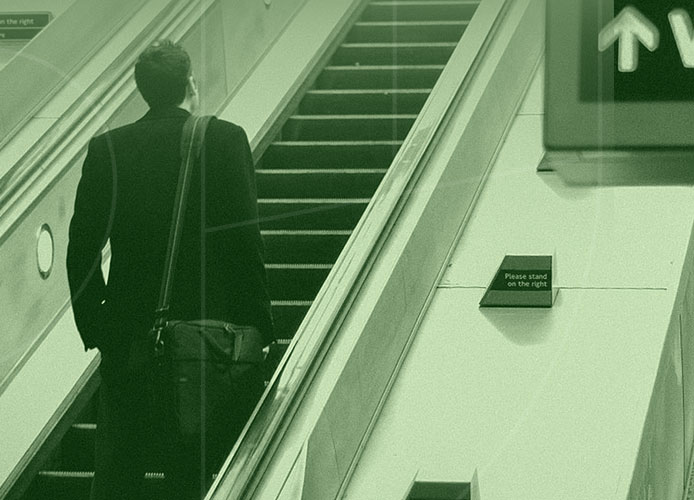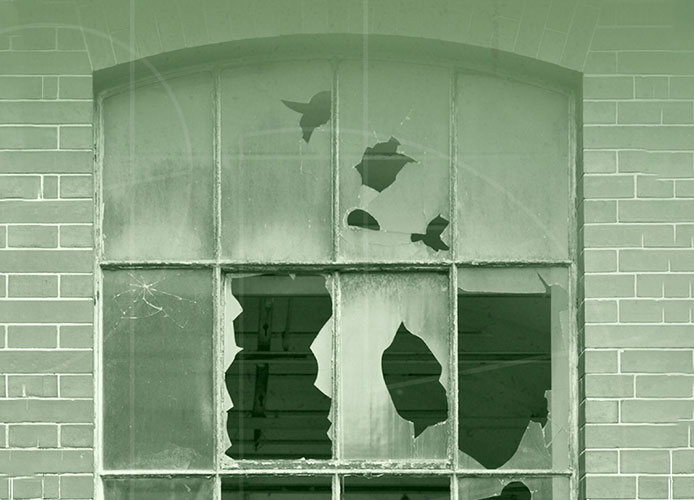

Researchers at the University of South Carolina found that those who go up on an escalator are twice as likely to donate money as those who go down! They concluded that climbing gives people a sense of generosity and modesty, albeit unconsciously. This is an example of surprising effects of environmental experiences on our social behavior. People respect social norms. But even the quality of paving and sidewalks in a street - which has no logical connection with the level of trustworthiness of the residents – might affect their judgment. When people like their living environment, the level of damage they cause to environment, the amount of committing crime and their indifference towards the desired environment decreases.

Studies show that people are more likely to trust strangers when they have a hot drink in hand than when it's cold. According to a theory, we experience environmental conditions as metaphors: therefore, physical heat is interpreted as social warmth, and upward movement awakens high moral values and generosity in us. People have more love and affection towards places they are attached to, and naturally, social damage, aggression, quarrels and corruption are less committed in such an environment. The broken window theory states that seeing a broken window in a house, factory, and so on, gives you the message that the situation in that place is not under control and there is no discipline. The theory is used in economics and criminology. Another research known as fear management theory claims that our latent and constant fear of death is the driving force behind our behavior. Therefore, broken and damaged sidewalks awaken an unconscious fear in us that leads to distance ourselves from the people live nearby.

Familiar and accessible areas and places that reminisce good memories are more likely to activate feel-good hormone, or serotonin, as well as oxytocin, which welcome and strengthen the sense of interpersonal trust.
Disney and his designers, who came from film and cinema industry, designed Disney Main Street section to resemble a scene from a movie, and its elements convincingly make this feeling that every visitor is a part of this scene. According to John Hench, Disney's senior consultant, "Walt wanted to give people faith ... No doubt there is a nostalgic mood in Disney, but what is that nostalgia for?" There has never been such a street in reality, but this street is a reminder of things in you that you have forgotten."